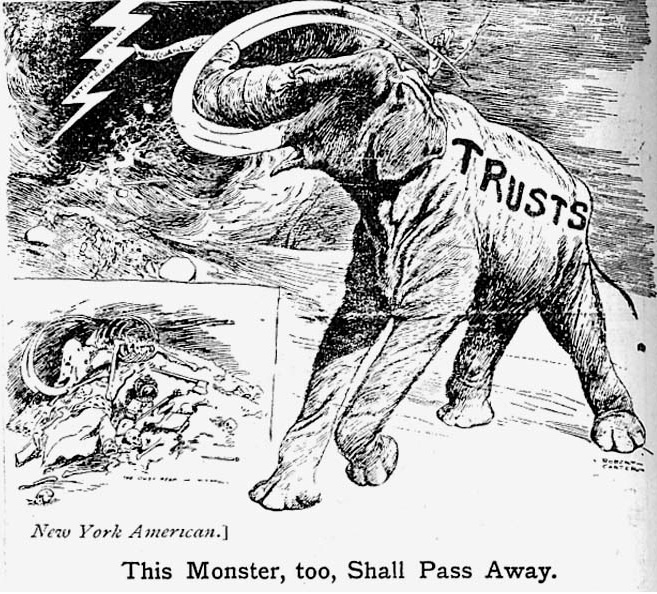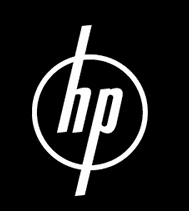Which HP? — UPDATED
June 7, 2020 Hewlett-Packard proved $176 million in antitrust damages at trial (later trebled); the defendant argued that HP had not proved it was a direct purchaser of the optical drives at issue. The Fifth Circuit affirmed. On the two key points, it held:
Hewlett-Packard proved $176 million in antitrust damages at trial (later trebled); the defendant argued that HP had not proved it was a direct purchaser of the optical drives at issue. The Fifth Circuit affirmed. On the two key points, it held:
- Expert testimony. Under the proper standard of review, this testimony by HP’s damages expert sufficed: “[W]e did quite a lot of work to understand the data that we received; and it was my understanding, based on that work, that the data was purchases by the plaintiff HP, Inc. formerly known as Hewlett-Packard Company. . . . In the data files that I received, the transactions identified the supplier; and in any cases in which the supplier was identified as an HP entity, I excluded those . . . . ”
- Fact testimony. Any uncertainty in the following testimony by an HP executive was not enough to unseat the above-quoted expert conclusion:
Q. And so in a procurement event you have an ODD supplier and a purchaser, an entity that purchases. Did HP, Inc. . . . was that the purchaser in all of these procurement events that you have described?
 A. It was some form of HP. I don’t know that it was HP, Inc., but it was a legal entity of HP, somewhere in the region that these were purchased, that purchased the drives.
A. It was some form of HP. I don’t know that it was HP, Inc., but it was a legal entity of HP, somewhere in the region that these were purchased, that purchased the drives.
Q. So the purchaser might not have been HP, Inc. at a particular procurement event? It might have been some subsidiary of HP, Inc.?
A. It could well have been, yes. . . . I’m not exactly sure on how that was spread out, but it could very well have been.
Hewlett-Packard Co. v. Quanta Storage, No. 19-20799 (June 5, 2020). A longer version of this post appears in the Texas Lawbook.